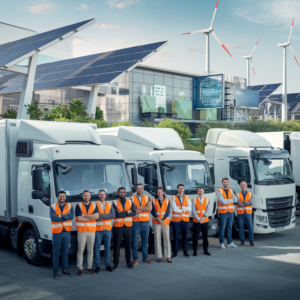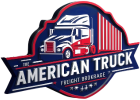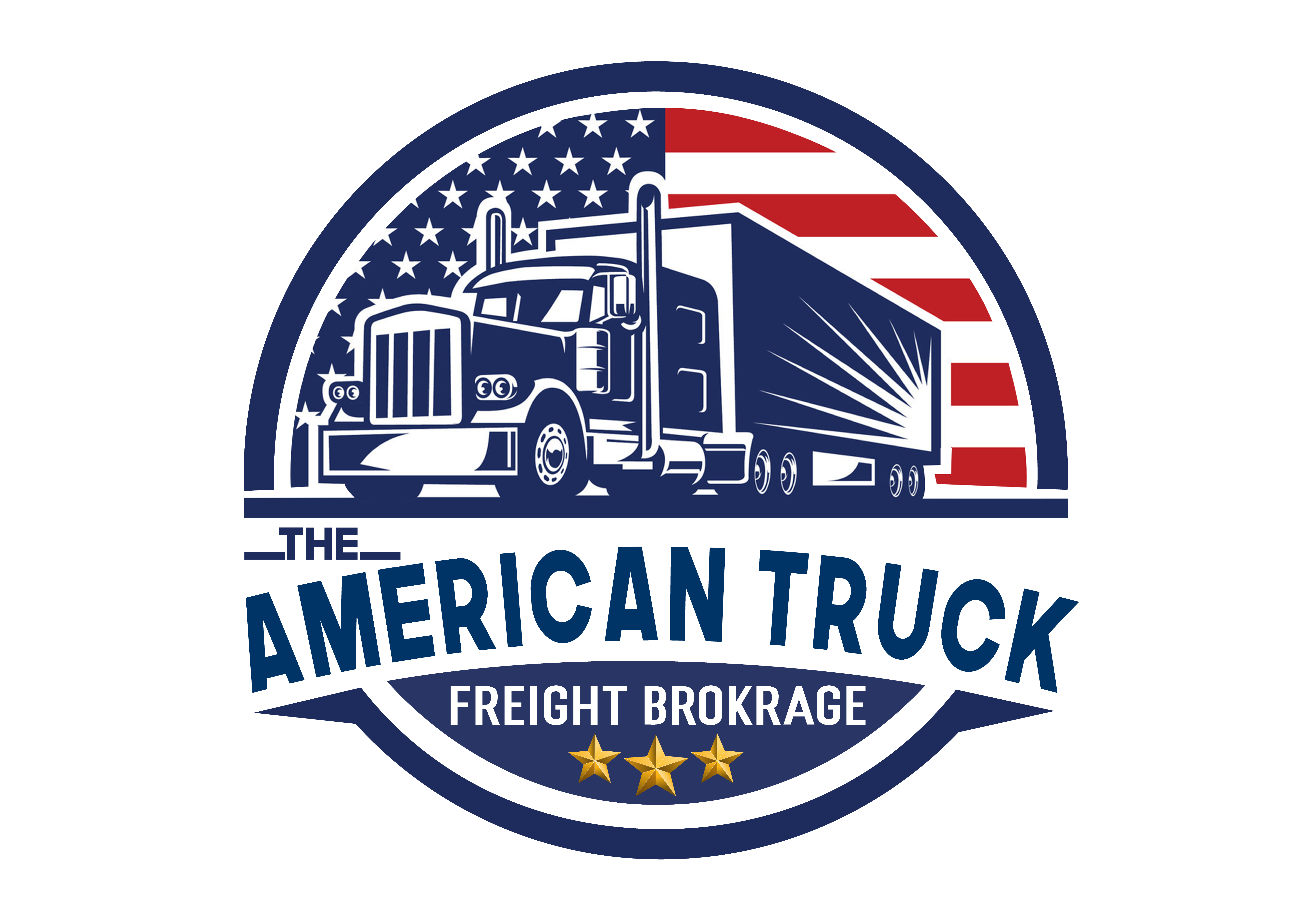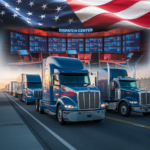Sustainable Trucking Workforce
Sustainability is more than just a buzzword—it’s the future. When we think of sustainability, the first things that pop into our heads are probably solar panels, electric cars, or those reusable grocery bags piling up in the kitchen. But let’s shift gears for a moment and talk about something less glamorous but just as crucial: the trucking workforce.
Trucks are the economy’s lifeblood, hauling everything from groceries to gadgets. But like any well-oiled machine, the industry needs regular maintenance—not just of the trucks themselves but the people driving them.

The Human Engine
Trucking is often seen as a rough-and-tumble industry, but behind every 18-wheeler is a person with hopes, dreams, and a family to support. The job is tough. Long hours, isolation, and the sheer physical toll can wear down even the most seasoned drivers. And that’s where sustainability comes in—not just in terms of fuel or emissions, but in terms of the people who keep those wheels turning.
Creating a sustainable trucking workforce means recognizing drivers’ challenges and finding ways to make their jobs more manageable. It’s about retention, health, and, yes, a little bit of appreciation. After all, a happy driver is a productive driver.
Addressing Burnout Before It Hits the Brakes
Burnout in trucking is a real issue. We’re talking about days that start before dawn and end well after the sun, all while being hundreds of miles away from home. It’s not just the fatigue that gets to drivers; it’s the loneliness. Week after week on the road can make anyone feel like they’re driving on empty.
Companies need to step up to keep drivers on the road. Offering flexible schedules, mental health support, and fair compensation is just the beginning. It’s about creating a culture where drivers feel valued and know that their well-being is just as important as their delivery schedule.
The Next Generation of Drivers
The trucking industry has an image problem. Young people today aren’t exactly lining up to get their CDL licenses. If the industry wants to stay afloat, it must attract fresh talent. And that means rebranding trucking as not just a job but a career.
Investing in training programs, mentorship, and education is key. Schools and companies should be partnering to create pathways into the industry that are as smooth as a freshly paved highway. Plus, with advancements in technology, from automated driving aids to eco-friendly trucks, there’s plenty to get excited about.
Technology: Friend or Foe?
Speaking of technology, it’s both a blessing and a curse. On one hand, advancements like GPS and driver-assist systems are making the job easier. On the other, there’s the looming specter of automation. But let’s not get ahead of ourselves. While autonomous trucks might be the future, human drivers aren’t going anywhere just yet.
The trick is to use technology to complement the human element, not replace it. Think of it as adding a turbocharger to an already powerful engine. Technology can take some of the strain off drivers, help them stay safer on the road, and maybe even let them get home a little earlier. And at the end of the day, that’s what sustainability is all about—making the job better, not just for the industry, but for the people who make it run.
Health on the Road
It’s easy to overlook health in the trucking industry. Drivers often grab meals on the go, catch sleep when they can, and exercise—well, let’s just say it’s not always a priority. But a sustainable workforce is a healthy workforce. Encouraging healthier eating habits, providing access to fitness facilities, or even something as simple as better sleeping quarters in trucks can make a difference.
It’s about making small, practical changes that can lead to significant improvements in drivers’ quality of life. Because let’s be honest: nobody’s at their best when they’re running on coffee and fast food.

The Road Ahead
Sustainability in trucking isn’t just about reducing emissions or cutting costs. It’s about people. It’s about creating a workforce that’s capable of meeting today’s demands and ready to tackle tomorrow’s challenges.
So next time you see a truck on the highway, remember that it’s not just hauling cargo—it’s carrying the weight of an industry essential to everything we do. And if we want to keep those wheels turning, we must invest in the people behind the wheel. Because a sustainable trucking workforce isn’t just good for the industry; it’s suitable for all of us.
For further details, visit The American Truck Inc.
To schedule appointments, contact us for a complimentary consultancy session.




